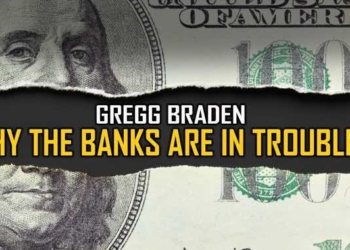Sometimes in life, you’re on top of the world. And other times, you fall flat on your face.

You might be going through a tough time right now as businesses shut and people lose their jobs. It’s during a difficult situation like this that you need a plan to help you get through. A budget is exactly that plan. The only thing is, for that plan to work, you need to update it to reflect your current situation.
Whatever that may be, here are some tips to help you rejig your budget, so you’re better prepared for your emergency.
Pinch Your Pennies
Reducing your expenses is a good idea — whether your finances are hit by an unplanned bill or you’re dealing with the effects of an economic downturn.
Your budget is a spending plan that helps you set aside money for the basics, so you can pay for important things like shelter, medicine, and food. Only start to think about things like savings or fun shopping if you have anything left over.
Until you have expendable cash, consider squeezing every penny out of your budget. Do this by:
- Shopping for the basics with coupons
- Eliminating unnecessary expenses
- Contacting your landlord or mortgage company and utility providers about emergency assistance
Remember Installment Loans Are for Emergencies
A strict budget tamps the brakes on discretionary spending to free up more cash to cover the essentials.
But what happens if an unexpected expense comes your way when you’re already cinching your budget tight? You may consider researching installment loans. The lending specialists at MoneyKey recommend an installment loan may act as a safety net when things go wrong. It may help you cover an important yet unexpected bill when your savings fall short.
But like any credit option, they come with rates, terms, and conditions that may affect how well they fit into your plans. Take the time to compare your options, so you find the best possible installment loan for your needs.
Don’t Lose Focus on Debt
During a financial emergency, times are tough, but you don’t want to ignore your debts. Paying them late — or not at all — may have serious consequences for your credit score, so add these bills to your budget’s essentials, including any installment loans you end up taking out.
If you’re strapped for cash, try hard to make the minimum payments on lines of credit or credit cards. While not ideal compared to a full payment, it will keep these accounts in good standing until you’re back on your feet.
Until then, think about how you’ll tackle your debts once your emergency passes. Compare the snowball vs avalanche method to determine which strategy works for you.
The avalanche method promises to reduce the overall interest you accrue by paying off the account with the highest interest rate first. It may take longer to pay off than the snowball method, which promises faster results by tackling the account with the smallest balance.
There is no wrong choice, but there may be a more suitable option for your needs.
Reach out for Help
If you don’t have a budget, head online to read a guide like this to help you make one. And if your emergency is more than what these tips can help you with, reach out to a free certified credit counselor. Just remember, you don’t have to face your emergency alone.














